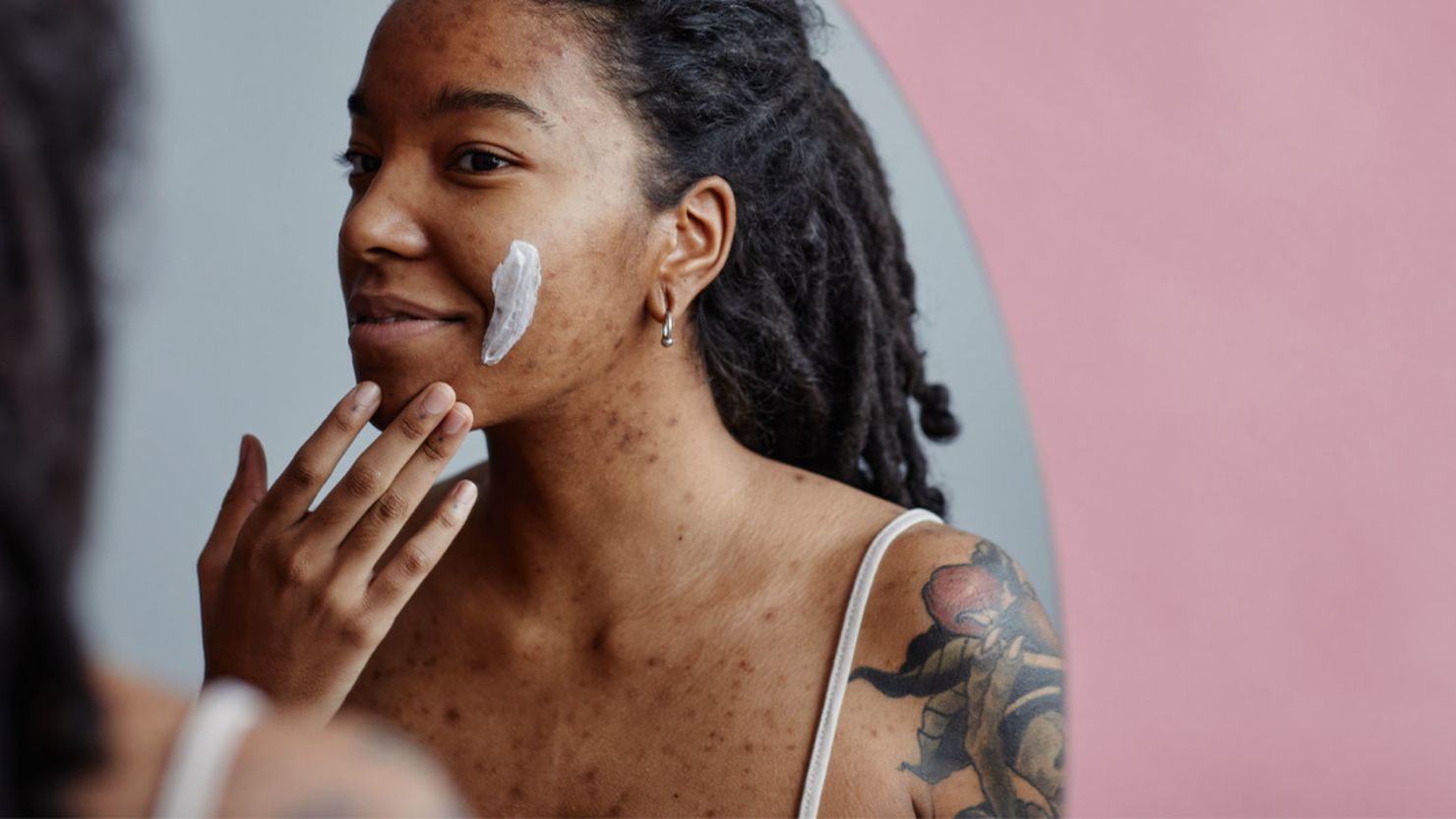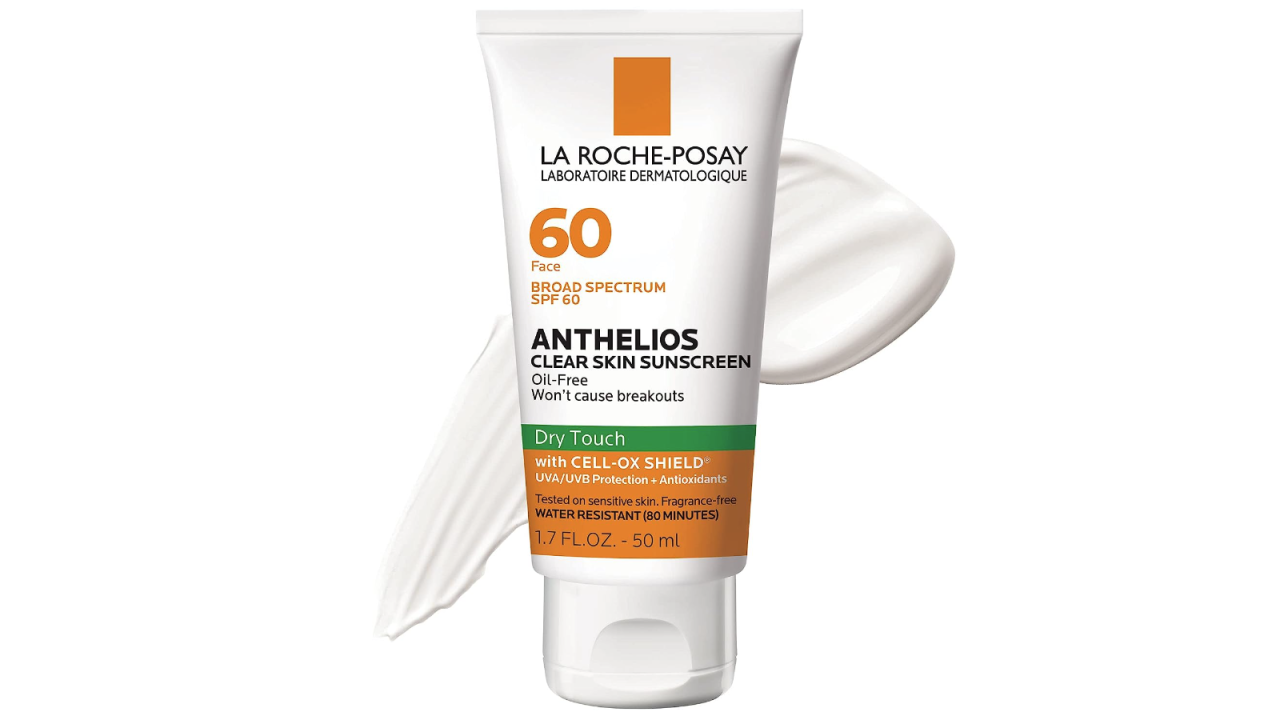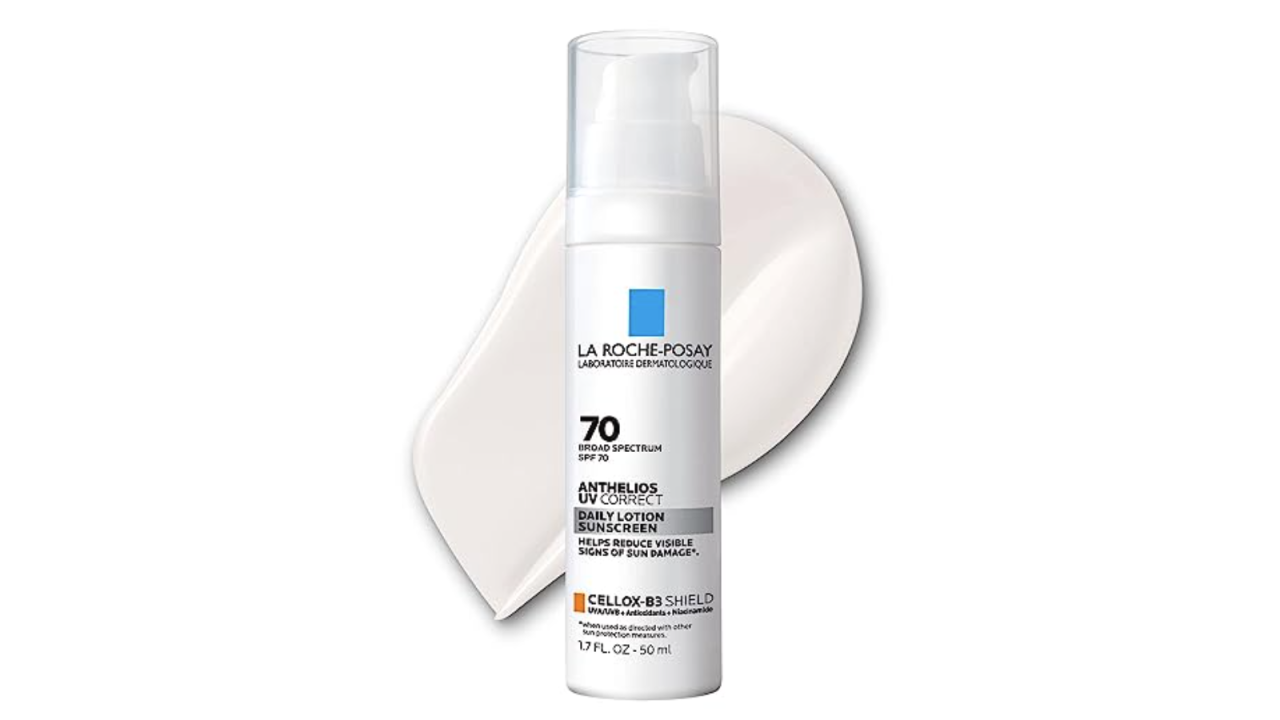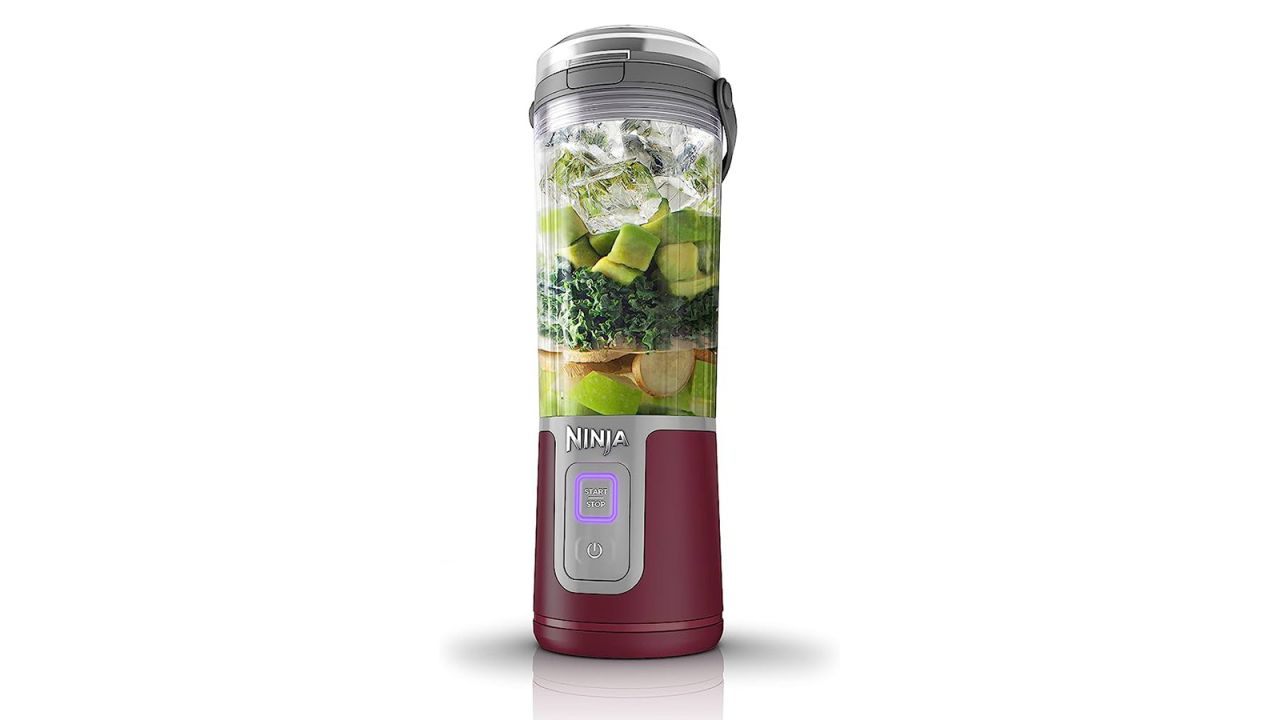Finding the best sunscreen for acne-prone skin can be a bit complicated. From greasy lotions to thick creams, there are too many sunscreens that you just know will cause a breakout — and figuring out which formulation is best often requires a few test rounds to determine which your face will?like most.
With so many different categories that SPF can fall into, we asked the experts exactly what to look for when seeking out an acne-friendly sunscreen.
How to pick a sunscreen for acne-prone skin
Ingredient- and label-wise, one thing rings true above all else: Look for products that are noncomedogenic, meaning they will not clog your pores. Dr. Noreen Galaria, a board-certified dermatologist, remarks that oil-free products are also something to consider, noting that “certain oils are richer in oleic acid. This acid makes it more likely that a given oil will clog your pores. So, even if you can’t tell if a sunscreen is comedogenic by the label, if it has oils like coconut, wheat germ or flax seed oil or cocoa butter, it isn’t a good choice if you are acne prone.” Dr. Connie Yang, cosmetic dermatologist at PFrankMD by Dr. Paul Jarrod Frank, agrees that “heavy oils and butters” should be avoided, along with “mineral oil and soybean oils,” which you will find in the inactive ingredient list.
Of course, you’ll also want to identify the active sunscreen ingredients that distinguish mineral sunscreens, which act like a shield, from chemical sunscreens, which act like a sponge. According to Galaria, mineral sunscreen ingredients like “zinc oxide and titanium dioxide both sit on the top of the skin’s surface and act like bouncers, blocking or scattering the UV rays before they enter the skin surface.” On the flip side, chemical sunscreens absorb the sun’s rays and convert them into heat before they are able to enter our skin too deeply.
When it comes to texture, Galaria points out that mineral sunscreens are generally thicker and may feel like they are worsening your acne, even though that is not necessarily the case. Zinc oxide not only controls oil production but is also an anti-inflammatory. Sunscreen that contains zinc is also optimal for those with sensitive skin who might usually experience skin irritation from chemical sunscreen filters. The dermatologist also warns to avoid the chemical sunscreen ingredient avobenzone, as this can further irritate acne-prone skin.
Like with other products for breakout-prone skin, Galaria recommends looking for ingredients that are intended to prevent or fight acne, including clay, silica, niacinimide or zinc, as these help absorb oil.
Sunscreen application tips for acne-prone skin
In order for sunscreen to best work its magic and protect your skin, Galaria recommends applying a witch hazel toner prior to any of your other products in the morning. “Witch hazel helps to control the skin’s oil production and works as an anti-inflammatory,” she says. “A quick swipe of this before applying products helps to remove any oil that is on the skin before applying products and also minimizes the appearance of pores.”
She also points out that if you are using an AHA/BHA serum as a part of your routine, this can make you more sun-sensitive and says to exercise caution when expecting to get a lot of sun. This is especially important if you are prone to hyperpigmentation, as Yang notes that “sun exposure can prolong and worsen hyperpigmentation left by acne lesions, so it’s very important to use sunscreen daily.”
And for best practices, Yang advises to wash your face twice a day to prevent product buildup and new pimples from forming.
With that, check out the experts’ favorite sunscreens for acne-prone skin.
Best sunscreens for acne-prone skin
This sunscreen is made with chemical filters but also has key ingredients like silica and perlite that help control oil production during the day. “This is an elegant sunscreen that is also great for active patients because it is water-resistant,” says Galaria.
If your skin is super sensitive, this should be a go-to product. As a combination moisturizer and sunscreen, this is my ideal everyday sunscreen that I usually layer with my other skin care.
“Patients always comment on how lightweight this product feels," Galaria says of this chemical sunscreen that contains kaolin clay, aloe and antioxidants to help control redness and shine.
Yang recommends this sunscreen because the smooth formula?includes sodium hyaluronate to moisturize your skin, while lactic acid refines pores and reduces shine.
Another favorite from Yang, this peptide-packed sunscreen is ideal for sensitive skin, even skin that has recently undergone cosmetic treatments.
"Acne-prone skin types typically have oily skin and carry a constant worry about clogging their pores," says board-certified dermatologist Dr. Nazanin Saedi. "This mineral-based sunscreen is a powder that helps eliminate?that worry." The handy brush applicator makes it easy to reapply sunscreen throughout the day too.
This sunscreen is noncomedogenic and contains niacinamide, two main factors I’ve learned to look for as someone with acne-prone skin.
With a unique antioxidant complex, this sunscreen is both noncomedogenic and hypoallergenic (and is one of Yang’s favorites).
Containing 10% zinc oxide as an active ingredient, this top-rated mineral formula doesn’t leave a white cast and is safe for sensitive, reactive skin.
There are plenty of plant-derived, non-irritating ingredients, like matcha green tea and bio-ferment from sage, in this lightweight sunscreen, making it an antioxidant powerhouse and ideal for acne-prone skin.
This mineral sunscreen contains green tea, hyaluronic acid and caffeine?for an antioxidant-packed formula that protects the skin with zinc oxide.































